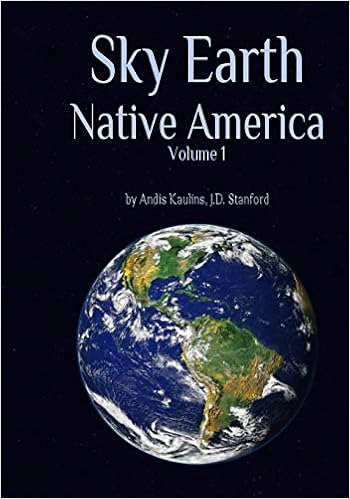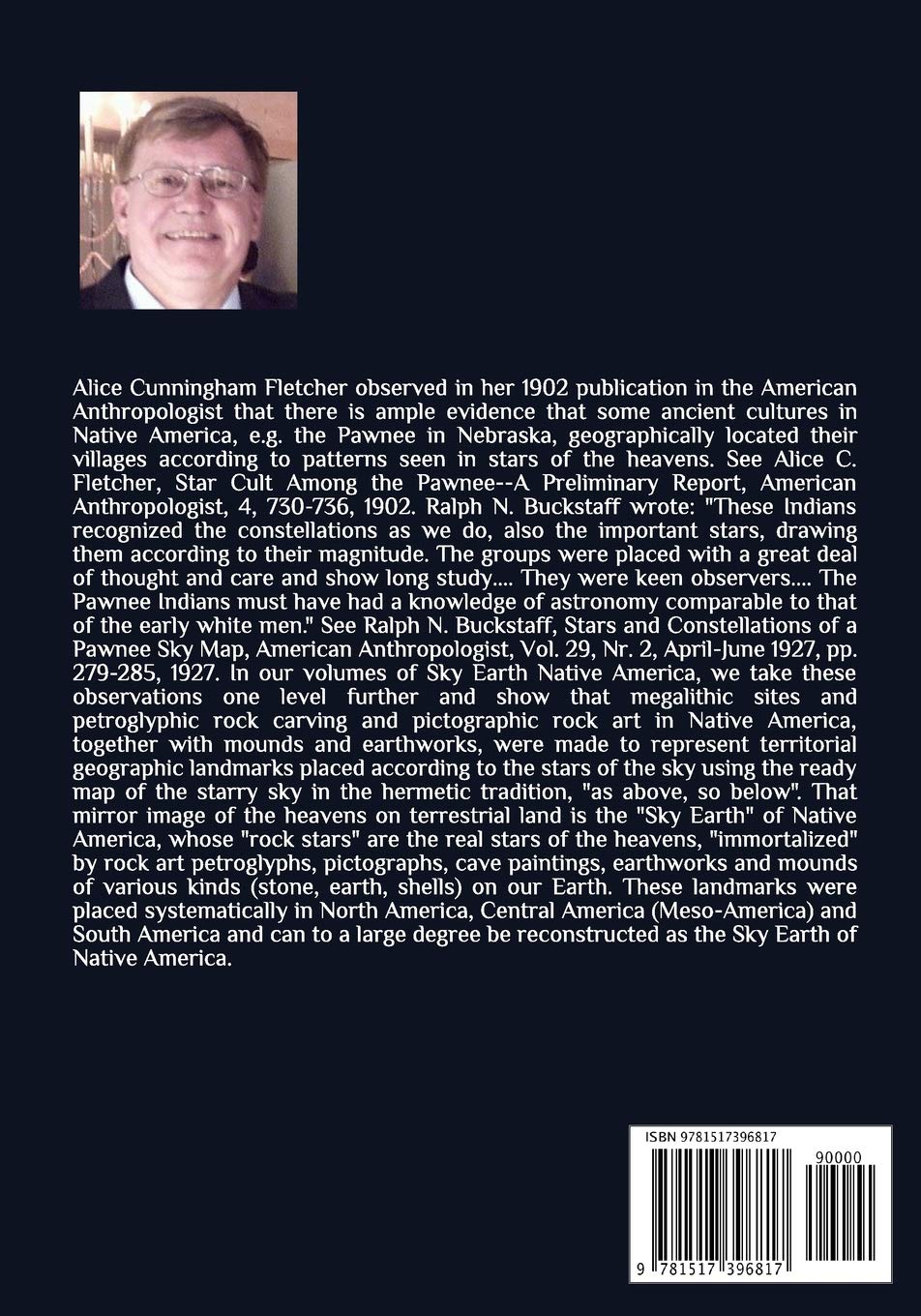As a Stanford University Law School graduate, the present author was pleased to read in the Scientific American at Science Research Needs an Overhaul, that John P. A. Ioannidis some years ago co-founded a new center at Stanford University called METRICS ("the Meta-Research Innovation Center at Stanford") to deal with the costly problem that much mainstream research is wasted.
Ioannidis cites to leading medical periodical, The Lancet, which avers that this "waste" applies even to 85% of medical research, a so-called "hard" science.
How bad are things then in the soft sciences, where the standard of proof is likely lower than in medical research?
Ioannidis writes that the METRICS center:
"[W]ill seek to study research practices and how these can be optimized. It will examine the best means of designing research protocols and agendas to ensure that the results are not dead ends but rather that they pave a path forward. The center will do so by exploring what are the best ways to make scientific investigation more reliable and efficient."
We enthusiastically applaud this development.
We have been confronted for years by gullible, uninformed, and opinionated people in and out of science proclaiming the near infallibility of mainstream ideas and research methods and we really have little patience for such follies.
Having taught research ourselves at the university level, we know from experience that exactly the opposite of what is claimed by science is true...
and what is true is that much of what is researched in science and that is peer-review published as a result of that research is a costly waste of time and often leads science in the wrong directions. The peer-review process exists in part to fluff the feathers of the reigning authorities. "Truth" is a secondary matter.
One main reason for these follies of "scientific research", as we have written time and time again, is that science in the past has been predominantly "authority-based", i.e. it is not the "what" but the "who" that determines truth in science, and this outdated practice has led to massive errors. Before the dawn of the modern age, "authority-based" science was necessary since authorities were the key repositories of knowledge. But that has greatly changed in the modern era.
Just look at the COVID-19 coronavirus pandemic where the established sciences have had their difficulties the past two years, despite heroic efforts. "Science" should have been better prepared for the pandemic than it was. Why was it not?
A shift in the focus of science is absolutely necessary. The prevailing standards of the past, when so-called "authorities" ruled the roost in science, are currently often misplaced in our digital age when anyone who wishes can look up nearly anything they want online. In the last analysis, one authority today is just one more opinion. In order to insure a more secure human future, the science of tomorrow must be based upon known facts, not upon known authorities.
"Evidence-Based Research" must be given top priority in our digital age.
Outdated memes must be slowly abandoned.
But what are memes?
Meme is a term coined by Richard Dawkins, emeritus Professor for Public Understanding of Science at Oxford University in England.
Memes are defined generally as "replicated ideas, symbols or practices".
We view memes as describing the state of mainstream science at any given time and to explain many of its aberrations. Memes act like viruses (or genes).
A meme is defined at the Wikipedia as:
""[A]n idea, behavior, or style that spreads from person to person within a culture." A meme acts as a unit for carrying cultural ideas, symbols, or practices that can be transmitted from one mind to another through writing, speech, gestures, rituals, or other imitable phenomena with a mimicked theme. Supporters of the concept regard memes as cultural analogues to genes in that they self-replicate, mutate, and respond to selective pressures.... The word meme was coined by British evolutionary biologist Richard Dawkins ... as a concept for discussion of evolutionary principles in explaining the spread of ideas and cultural phenomena. Examples of memes given [in The Selfish Gene] included melodies, catch-phrases, fashion, and the technology of building arches."
In our view, what is normally called a "school of thought" in academia is more accurately defined as being a "meme", because "thought" often has nothing to do with it. Rather, ideas, rightly or wrongly, become entrenched in various disciplines of science and propagate themselves as if they had a life of their own. The same is true for politics and religion. People believe things out of habit, nothing more.
Truth is not at all the issue.
Rather, as written at Wikipedia about Memetics:
"Memetics is a theory of mental content based on an analogy with Darwinian evolution.... Proponents describe memetics as an approach to evolutionary models of cultural information transfer.... As with genetics, particularly under a Dawkinsian interpretation, a meme's success may be due to its contribution to the effectiveness of its host."
Accordingly, and contrary to the notion that "truth" is the objective in science or elsewhere, people thus actually adhere to a given idea, school of thought, cultural practice or religion because the adherents of a particular meme perceive it as providing the holders of that meme with advantages.
That essential understanding helps to explain many aberrations that can be discovered in science whereby presumably "rational" people hold fast to long-outdated ideas and ways of looking at things, often at odds with the available probative evidence.
We look to the probative evidence!
That is what defines our work.


